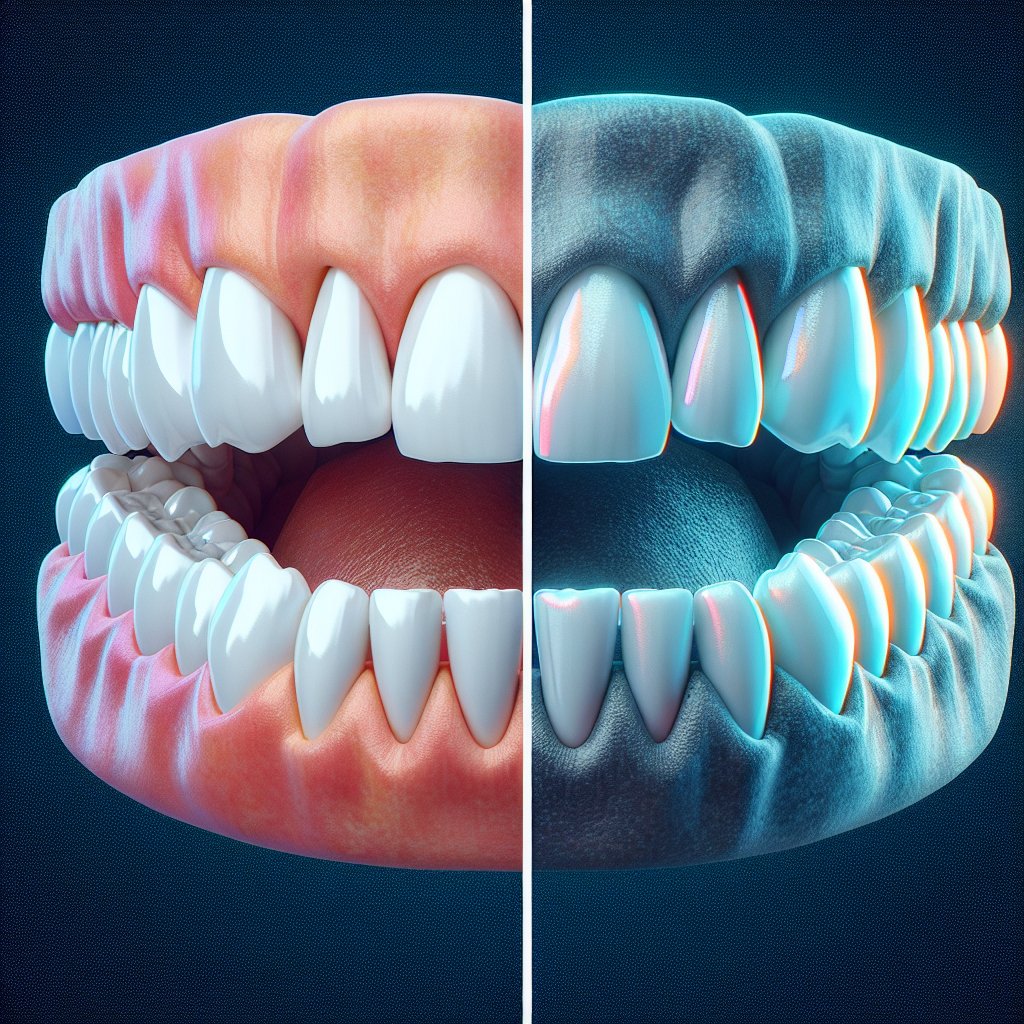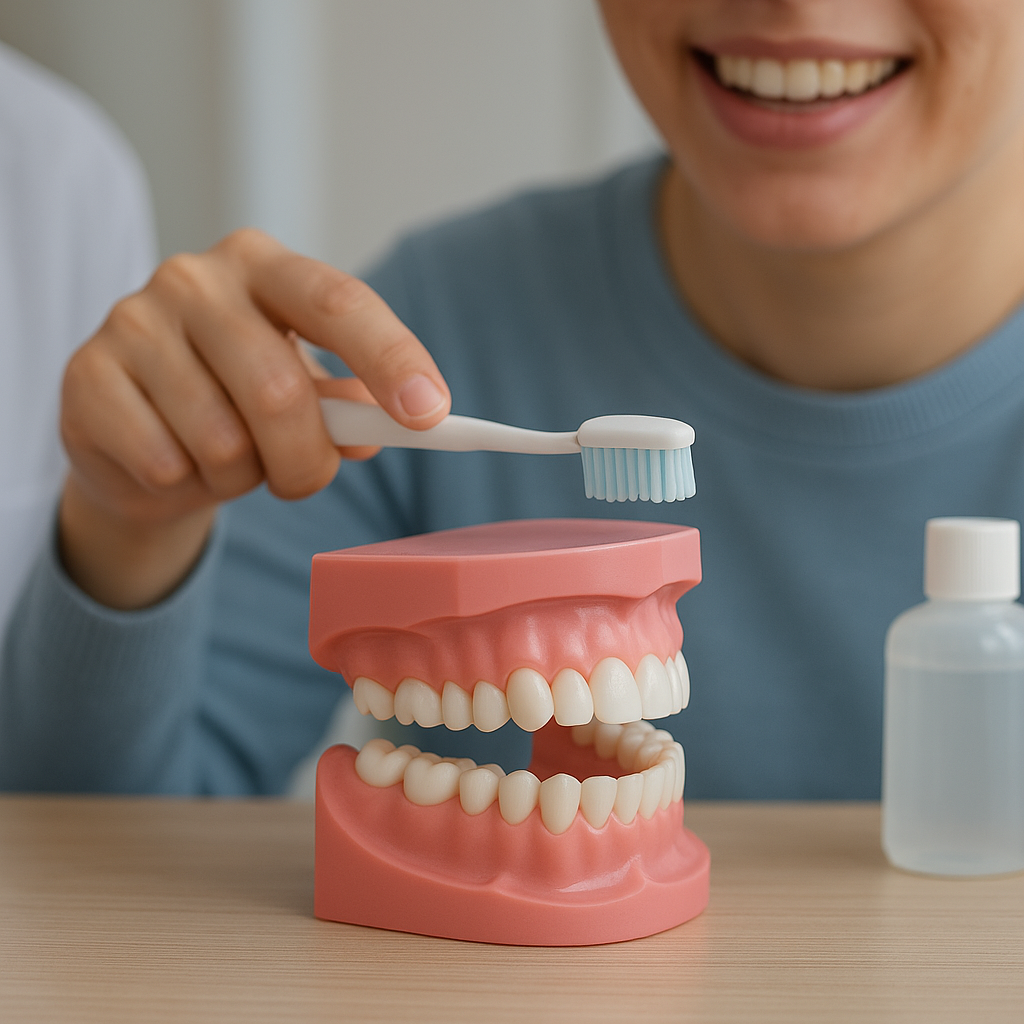The impact of dietary trends on dental health is a crucial topic that deserves attention, especially as modern eating habits continue to evolve. With the rise of various dietary trends, from veganism to ketogenic diets, understanding how these choices affect oral health is essential for both individuals and dental professionals. This article will explore the relationship between popular dietary trends and their implications for dental health, highlighting both positive and negative effects, as well as offering practical advice for maintaining optimal oral hygiene amidst changing eating patterns.
Understanding Dietary Trends
Dietary trends are often influenced by cultural shifts, health awareness, and the availability of food options. As people become more conscious of their health, they tend to adopt specific eating patterns that they believe will benefit their overall well-being. Some of the most popular dietary trends include:
- Veganism: A plant-based diet that excludes all animal products.
- Ketogenic Diet: A high-fat, low-carbohydrate diet aimed at inducing ketosis.
- Paleo Diet: A diet that mimics the eating habits of our Paleolithic ancestors, focusing on whole foods.
- Intermittent Fasting: An eating pattern that cycles between periods of fasting and eating.
- Gluten-Free Diet: A diet that eliminates gluten, often adopted by those with celiac disease or gluten sensitivity.
Each of these dietary trends has its own set of principles and health claims, but they also come with potential implications for dental health. Understanding these implications is vital for making informed dietary choices that support not only overall health but also oral health.
The Positive Effects of Dietary Trends on Dental Health
While some dietary trends may pose risks to dental health, others can have beneficial effects. Here are some positive aspects of certain diets:
1. Veganism and Plant-Based Diets
Veganism and other plant-based diets are rich in fruits, vegetables, nuts, and seeds, which are high in vitamins, minerals, and antioxidants. These nutrients play a significant role in maintaining healthy gums and teeth. For instance:
- Vitamin C: Found in citrus fruits, strawberries, and bell peppers, vitamin C is essential for gum health and helps prevent gum disease.
- Calcium and Phosphorus: Present in leafy greens and nuts, these minerals are crucial for maintaining strong teeth and bones.
- Antioxidants: Foods rich in antioxidants can help reduce inflammation in the mouth, promoting overall oral health.
Moreover, a diet high in fiber from fruits and vegetables can stimulate saliva production, which is a natural defense against cavities and tooth decay.
2. Low-Carbohydrate and Ketogenic Diets
Low-carbohydrate diets, including the ketogenic diet, can also have a positive impact on dental health. By reducing sugar intake, these diets lower the risk of cavities and tooth decay. Sugar is a primary contributor to the growth of harmful bacteria in the mouth, leading to plaque formation and gum disease. By minimizing sugar consumption, individuals can help protect their teeth from decay.
3. The Role of Intermittent Fasting
Intermittent fasting can lead to improved oral health by reducing the frequency of eating, which in turn decreases the number of times teeth are exposed to acids produced by bacteria after meals. This can help lower the risk of enamel erosion and cavities. Additionally, fasting may promote better overall health, which can indirectly benefit oral health.
The Negative Effects of Dietary Trends on Dental Health
Despite the potential benefits, some dietary trends can negatively impact dental health. It is essential to be aware of these risks to make informed choices.
1. Veganism and Nutritional Deficiencies
While a vegan diet can be rich in beneficial nutrients, it can also lead to deficiencies in certain vitamins and minerals that are crucial for dental health. For example:
- Vitamin B12: This vitamin is primarily found in animal products and is essential for maintaining healthy gums and preventing oral infections.
- Calcium: While plant-based sources of calcium exist, they may not be as easily absorbed as dairy products, potentially leading to weaker teeth and bones.
Vegans should consider fortified foods or supplements to ensure they meet their nutritional needs for optimal dental health.
2. High Acidic Foods in Plant-Based Diets
Many plant-based foods, such as citrus fruits and tomatoes, are acidic and can contribute to enamel erosion if consumed excessively. While these foods are healthy, it is essential to balance their intake and practice good oral hygiene, such as rinsing the mouth with water after consuming acidic foods.
3. The Risks of the Ketogenic Diet
The ketogenic diet, while effective for weight loss, can lead to dry mouth and bad breath due to reduced carbohydrate intake. Saliva is essential for neutralizing acids and washing away food particles, so a decrease in saliva production can increase the risk of cavities and gum disease. Staying hydrated and maintaining good oral hygiene practices are crucial for individuals following this diet.
4. Gluten-Free Diets and Processed Foods
Many gluten-free products are highly processed and may contain added sugars and unhealthy fats. These ingredients can contribute to poor dental health if consumed in excess. It is essential for individuals on a gluten-free diet to focus on whole, unprocessed foods to maintain optimal oral health.
Practical Tips for Maintaining Dental Health Amidst Dietary Trends
Regardless of the dietary trend one follows, there are several practical tips to help maintain dental health:
- Practice Good Oral Hygiene: Brush teeth at least twice a day with fluoride toothpaste and floss daily to remove plaque and food particles.
- Stay Hydrated: Drink plenty of water to help wash away food particles and maintain saliva production.
- Limit Sugary and Acidic Foods: Be mindful of sugar and acid intake, and rinse the mouth with water after consuming such foods.
- Regular Dental Check-ups: Visit the dentist regularly for check-ups and cleanings to catch any potential issues early.
- Consider Nutritional Supplements: If following a restrictive diet, consider supplements to ensure adequate intake of essential vitamins and minerals.
Conclusion
The impact of dietary trends on dental health is multifaceted, with both positive and negative implications. As individuals navigate their dietary choices, it is essential to remain informed about how these choices can affect oral health. By understanding the relationship between diet and dental health, individuals can make informed decisions that promote not only their overall well-being but also the health of their teeth and gums. Ultimately, a balanced approach that incorporates a variety of nutrient-rich foods, along with good oral hygiene practices, can help ensure a healthy smile for years to come.




